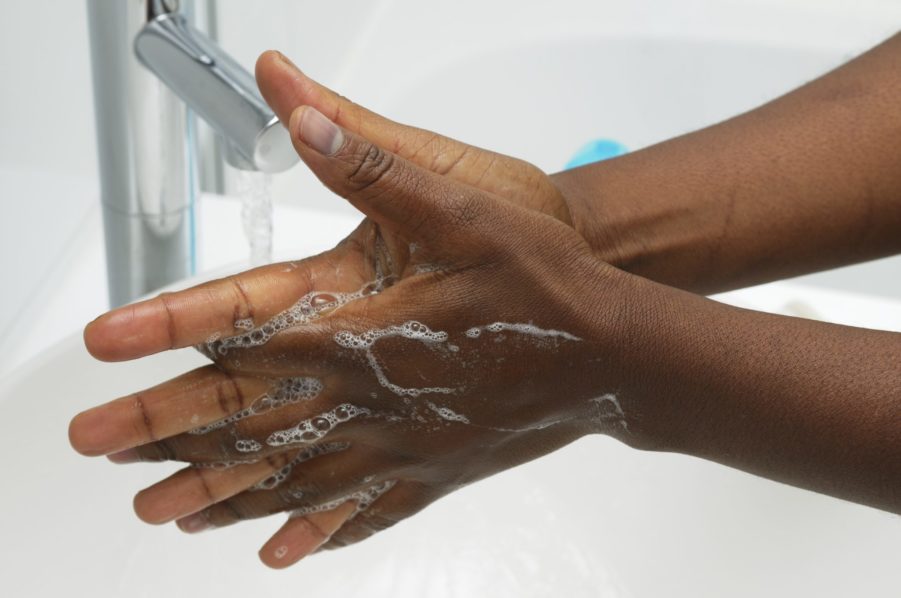
Both global agencies, in a joint monitoring programme (JMP) report titled “Progress on household drinking water, sanitation and hygiene 2000 – 2020”, presented estimates on household access to potable water, sanitation and hygiene services over the past five years, along with progress towards achieving the sixth sustainable development goal (SDG 6), to “ensure availability and sustainable management of water and sanitation for all by 2030.”
For the first time, the document also showed emerging national data on menstrual health.
According to the report, in 2020, about one in four people lacked safe drinking water in their homes and nearly half the globe’s population suffered from safely managed sanitation.
COVID-19 pandemic has equally highlighted the urgent need to ensure that everyone gets access to good hygiene. At the onset of the outbreak, three in 10 people worldwide could not wash their hands with soap and water within their homes.
WHO’s Director-General, Dr. Tedros Adhanom Ghebreyesus, said: Hand washing is one of the most effective ways to prevent the spread of COVID-19 and other infectious diseases, yet millions of people across the world lack access to a reliable and safe supply of water.
“Investment in water, sanitation and hygiene must be a global priority if we are to end this pandemic and build more resilient health systems.”
The report noted some progress towards achieving universal access to basic water, sanitation and hygiene (WASH) services. Between 2016 and 2020, the global population with safely managed drinking water at home increased from 70 to 74 per cent; safely managed sanitation services grew from 47 to 54 per cent and handwashing facilities with soap and water increased from 67 to 71 per cent.
In 2020, for the first time, more people used improved on-site sanitation such as pit latrines and septic tanks, which can effectively contain and treat waste, rather than sewer connections.
The release also harped on the need for governments to ensure adequate support for safely managed on-site sanitation, including faecal sludge management.
The report made it clear that if current trends persist, billions of children and families would be left without critical, life-saving WASH services, stating that by 2030: Only 81 per cent of the world’s population would have access to safe drinking water at home, with 1.6 billion deprived of this essential commodity.
Only 67 per cent would have safe sanitation services, leaving 2.8 billion without and only 78 per cent would have basic hand washing facilities, with 1.9 billion others in lack.
On her part, UNICEF Executive Director, Henrietta Fore, noted: “Even before the pandemic, millions of children and families were suffering without clean water, safe sanitation and a place to wash their hands.”
“Despite our impressive progress to date to scale up these life-saving services, the alarming and growing needs continue to outstrip our ability to respond. The time has come to dramatically accelerate our efforts to provide every child and family with the most basic needs for their health and well-being, including fighting off infectious diseases like COVID-19,” she added.



